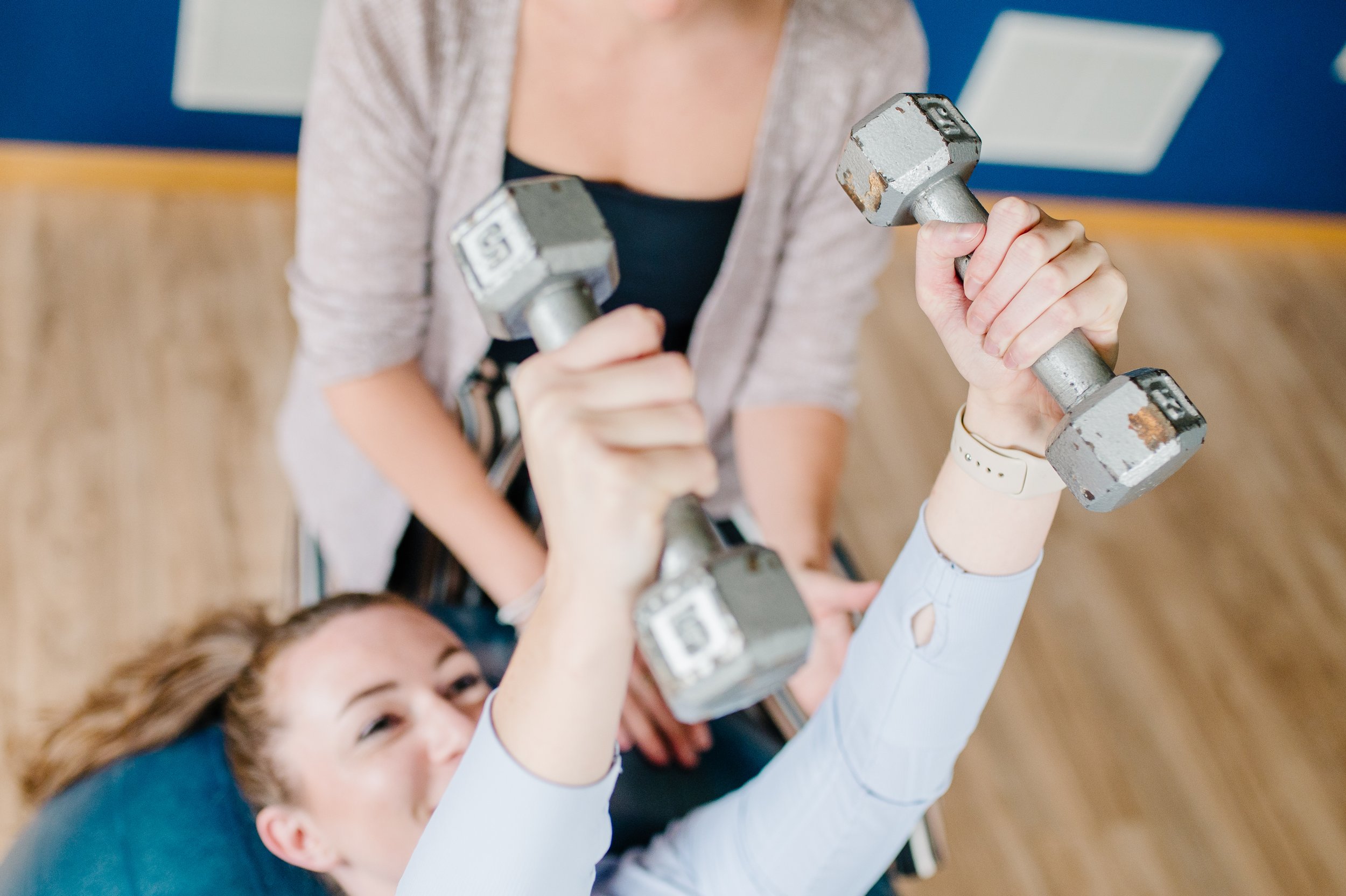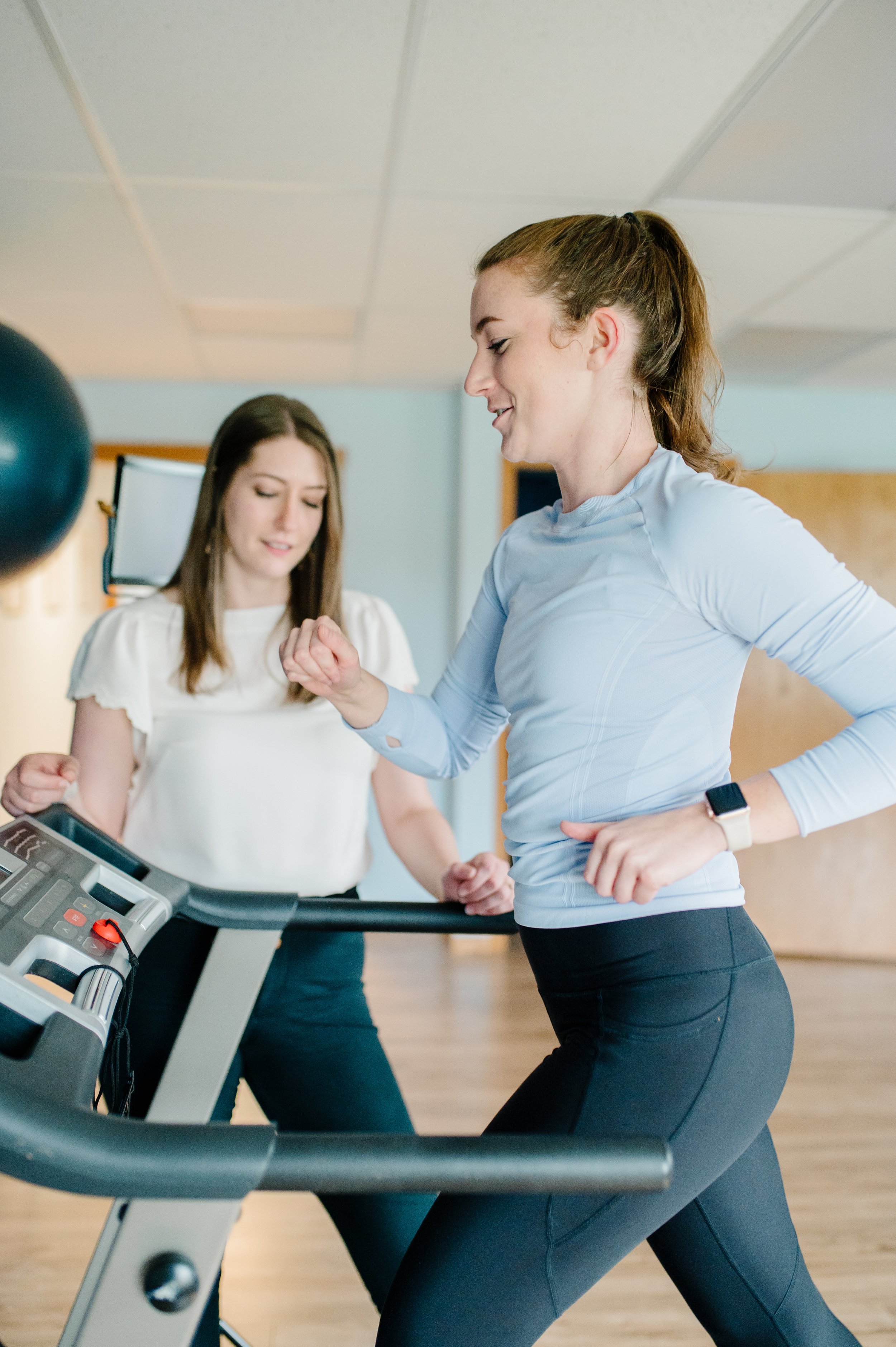How Does Exercise Affect Women's Reproductive Health?
Have you ever wondered, how does exercise affect women’s reproductive health? Many of us are strict about sticking to our exercise protocols because we know how good they can make us feel. They can be energizing and motivating. However, there comes a time when excess exercise and timing of exercise can actually harm our reproductive health! We don’t want you to be scared by this because there is a healthy balance and benefit to a consistent fitness routine and that’s exactly what we are here to teach you. Keep reading below so we can help you better understand how exercise can affect women’s reproductive health!
What is too much exercise?
Research suggests that women who complete rigorous exercise for > 60 minutes per day demonstrate higher rates of anovulatory cycles (ie. cycles without ovulation). Compared to those that complete mild to moderate levels of exercise (30-60 minutes daily) demonstrate more regular ovulation.
Rigorous exercise can be described as:
Reaching the point of muscle/body exhaustion
Being completely out of breath
Having difficulty speaking more than a sentence or a few words
Why does repetitive intense exercise affect our hormones?
All exercise creates a spike in our stress hormone, cortisol. Short term activation of this hormone is beneficial for the body, however we run into issues when cortisol is chronically activated. This occurs with consistent rigorous exercise, especially if it is not balanced with appropriate nutrition, sleep and relaxation. Our body shifts towards a state of constant “fight or flight”, chronic inflammation and eventual impaired production of our natural hormones. At this point, you are no longer capable of recovering from stress or intense exercise which can then manifest as impaired ovulation or infertility.
What is the right amount of exercise?
Generally, women should consider strength training 2-4 times per week, balanced with mild to moderate 30-60 minutes of cardio 2-3 times per week for ideal hormone support. Mild to moderate intensity can be measured by you reaching a point of breathing heavily during exercise but you can still carry a conversation. These ratios allow the body plenty of rest and recovery in between resistance training days.
If you are someone that really enjoys high intense workouts (i.e. HIIT or intense running or biking) you may want to consider timing those activities with your cycle. Below we outline how to do this!
How do I pair exercise with my cycle?
You can support your reproductive health by timing various types of exercise with where you are in your cycle. We break this down into 4 phases.
Phase 1: Follicular Phase (7-10 days after your period)
Estrogen starts out low in the phase and peaks before ovulation. Due to this change in hormone level, you may feel more energized and alert.
Work out suggestion: Cardio and High Intensity Exercise
Phase 2: Ovulatory (typically around Day 14)
There is a rise in hormones and energy levels while the body prepares to release an egg. This phase is short term and usually lasts 24 hours.
Work out suggestion: Cardio and High Intensity Exercise
Phase 3: Luteal Phase (10-14 days between Ovulation and your period)
Hormones, estrogen and progesterone, drop in this phase as you near menstruation which may trigger premenstrual symptoms.
Work out suggestion: Avoid high intensity strength programs and transition to slower paced strengthening allowing for more rest breaks. Yoga and pilates are other great recommendations.
Phase 4: Menstrual Phase (3-7 Days of your period)
Hormones, estrogen and progesterone, are at their lowest which also brings energy levels down. In this phase we don’t want to add further stress on our bodies so it is recommended to match the low hormone levels with gentle/restorative movement.
Work out suggestion: low impact workouts including walking, yoga, stretching
If you currently struggle with period irregularity, painful periods or infertility, first consider adjusting your exercise with the recommendations we discussed above. If you are still seeking support, reach out to a pelvic health physical therapist so we can help you track your menstrual cycle, provide lifestyle and nutrition hormone support and customize an exercise plan that fits for you. If you are in the local area, book with us today!



